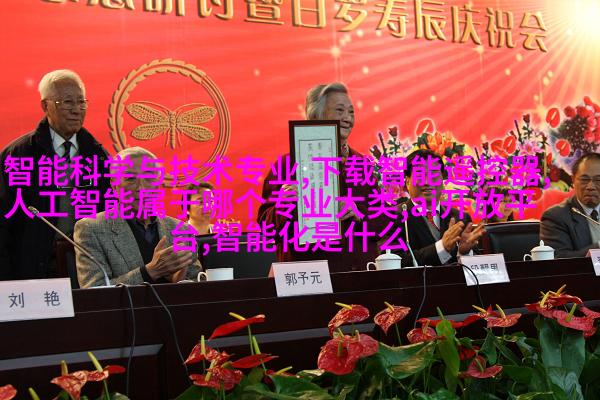2024-12-24 智能 0
偷吃爸爸的擎天柱

在一个平凡而又充满温馨的家庭里,有一段不为人知的秘密。这个秘密就隐藏在每个人的记忆中,尤其是那个总是被人们提及却从未真正触及的话题——家里的擎天柱。
家里的擎天柱,是一根粗糙的大木棍,上面涂抹着厚厚的油漆,看上去既坚固又稳重,就像是一个老者沉稳而威严的外表。它站在厨房的一个角落里,似乎是一道分隔厨房与餐厅空间的小山丘。但对于孩子们来说,这根木棍背后隐藏着无数故事和情感。

这根木棍原本是父亲用来做饭时支撑锅子的,但随着时间推移,它逐渐成为了家庭的一部分,成为了连接所有成员心灵的一种象征。每当母亲煮饭时,那根木棍总会默默地出现在她的身边,它仿佛有了自己的存在感。
但对小女孩来说,那根木棍代表的是一种更深层次的情感。当她还是一个小女孩的时候,她总是忍不住想要亲近那块被大家尊敬和仰慕的地方。她会悄悄地走到厨房,在没有人的时候,用手轻轻碰触那块光滑的地面,或是在夜晚,她会躺在床上望向窗外,只能看到那块阴影中的灯光,那份渴望几乎到了无法抑制的地步。

有一次,小女孩终于鼓起勇气,把父亲请到自己房间,然后紧张地问:“爸爸,您知道吗,我一直很喜欢您经常使用的那个东西。”父亲微笑着回答说:“我知道你一直很好奇,那就是我们家的擎天柱。”
但是,小女孩的心中已经预料到了这样的回答,所以她接着说:“我想尝试一下,您可以让我尝试吗?”父子俩相视一笑,他们决定让小女孩体验一次“擎天柱”的味道。

第二天下午,当全家人都忙于自己的事务时,小女-girl Stealthily crept into the kitchen, her heart pounding with excitement and a little bit of fear. She carefully picked up the posheng pillar and brought it to her nose, inhaling deeply. The smell was unfamiliar yet comforting, like a warm hug from an old friend.
She then took a small bite of the wood, chewing slowly as she savored the taste. It was bitter at first but gradually became sweet and slightly smoky. The flavor was complex and rich, just like life itself.

As she finished eating her share of the posheng pillar, she felt proud and contented. She knew that this experience would be etched in her memory forever as a symbol of love and connection within their family.
The next day when everyone gathered for dinner again, they noticed something different about the posheng pillar - there were tiny bites missing here and there. They all looked at each other curiously before finally turning to look at little girl who had been quietly sitting on one side.
With tears streaming down his face from laughter and pride, he asked gently: "Are you sure you ate some? How did it taste?" Little girl smiled shyly while looking down at her hands clenched tightly together.
And so began an annual tradition where every year after Christmas dinner they would have their own secret feast on New Year's Eve night by taking turns sneaking bites from that once forbidden territory - home-made wooden spoons or even pieces cut off from father's beloved tools or personal belongings which had become obsolete over time due to wear-and-tear; anything really! This way they could continue enjoying these special memories together while also learning valuable lessons about sharing resources responsibly within our community culture now being passed down through generations as part of our heritage!
But what does this story teach us? Is it not just another tale about how we often take things for granted until someone takes them away? Or perhaps it is more than that - maybe this is actually teaching us something much deeper?
Perhaps stealing dad’s posheng pillar can be seen as metaphorical representation in our lives when we feel stifled by societal norms & expectations imposed upon us by others (even if unintentionally). When do we ever get permission to break free & explore new horizons? What are those boundaries set forth by society telling us?
Is there room for growth beyond these constraints?
Can I still maintain my identity despite conforming partially to these norms?
The act itself becomes symbolic representation in many ways:
Breaking Free
Rebellion Against Conformity
Embracing Change
This is not meant solely towards children alone; parents too should learn from such stories because let's admit sometimes life feels monotonous without any change or adventure.
In conclusion:
Stealing Dad’s Posheng Pillar may seem trivial but its true essence lies deep beneath surface level symbolism – reminding ourselves constantly throughout life journey whether personally or professionally: never forget your roots & keep exploring no matter how far you go!
Don’t let anyone tell you otherwise!